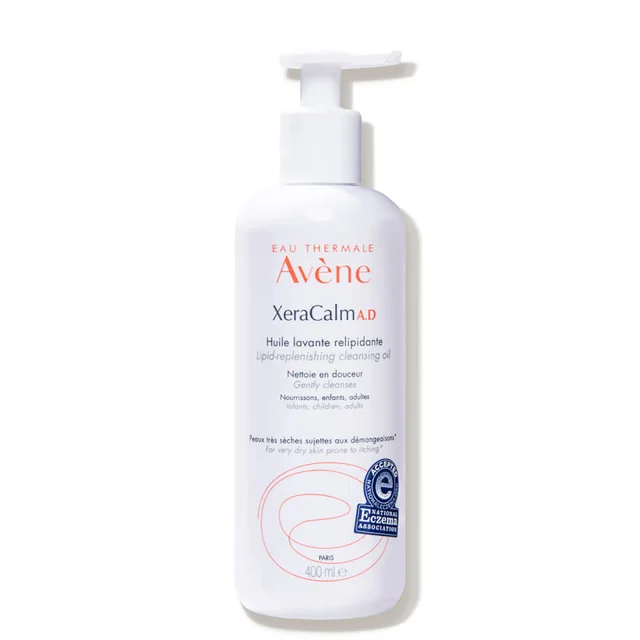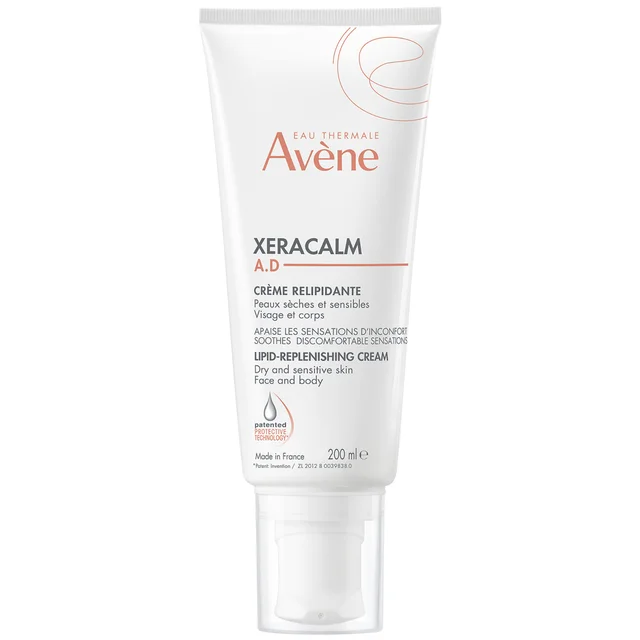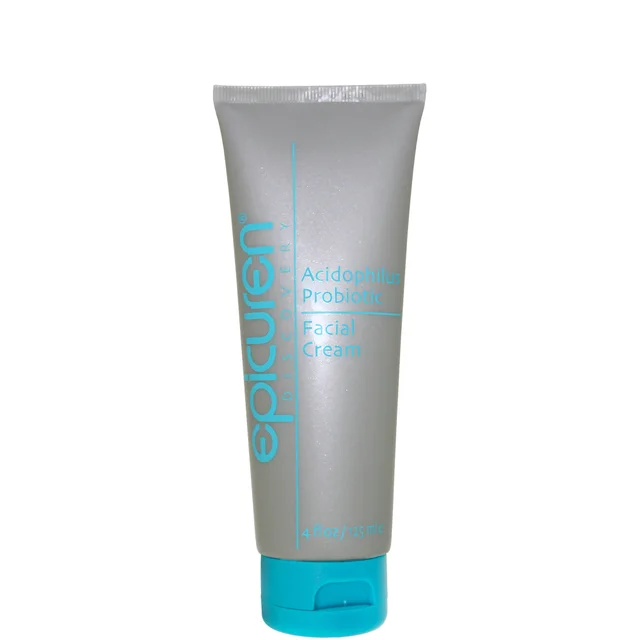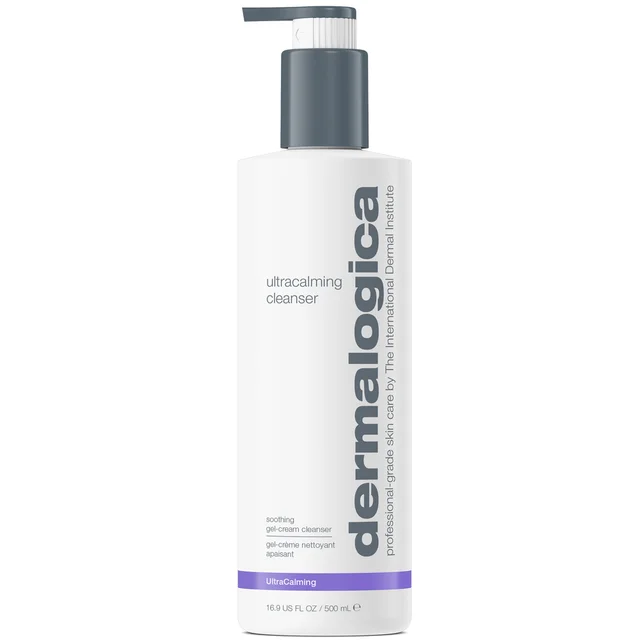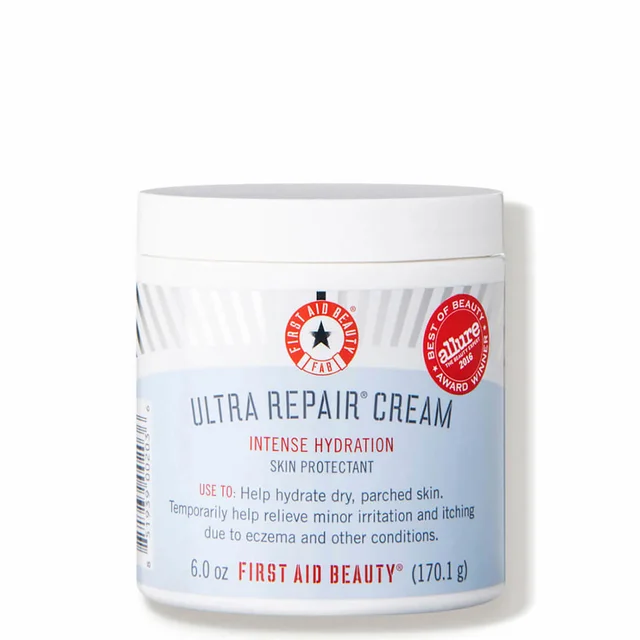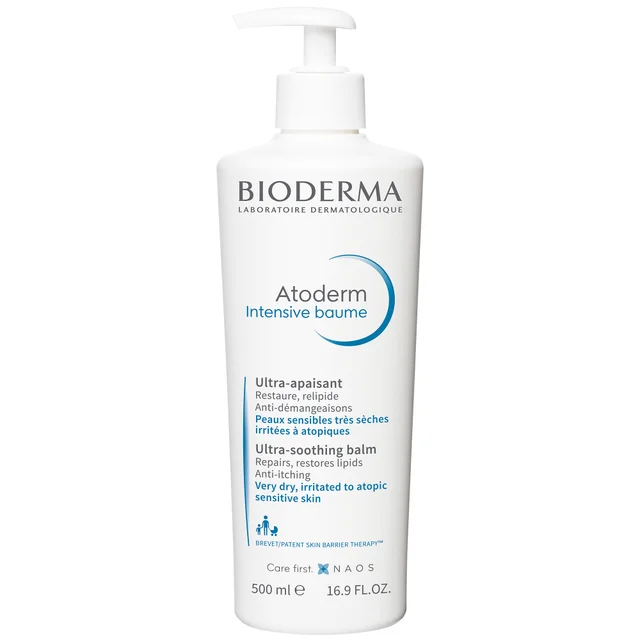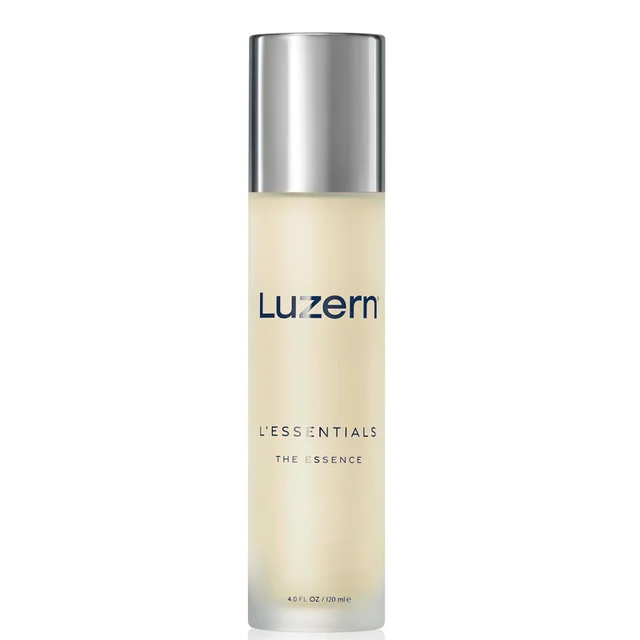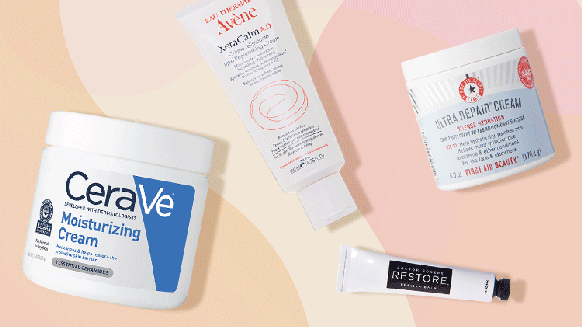Eczema 101: Different Types, Causes, and How to Treat Your Skin

Eczema is a common skin condition that leads to dry, itchy, inflamed patches of skin, which can, for some people, be challenging to treat and hard to find relief. There’s not one cause of eczema that can be tied to a breakout—anything from your immune system to genes and even your current environment and stress are what can cause eczema to flare up at any given time. While the common symptoms of eczematic skin aren’t curable yet, you can manage them with the right products, skincare protocol, and routine. Eczema, sometimes referred to as dermatitis, might rank as one of the most common skin complaints, but the exact causes of the condition remain unknown. While the causes may not be entirely understood, eczema tends to be hereditary, meaning you're more likely to suffer with it if a parent or sibling does. A family or personal history of allergies, like hay fever or asthma, can also increase the risk of developing this chronic and inflammatory skin condition.
What Are the Different Types of Eczema?
Like many other skin conditions and issues, eczema is not the same across the board. Various types of eczema exist, often each stemming from a different trigger with unique symptoms. Some causes of eczema are more allergy- and irritant-related, while others are brought on by stress. If you wonder, “What is causing my eczema,” a trip to the dermatologist is time well spent so that you can determine the cause of eczema and the type of eczema affecting your skin.
The different types of eczema include:
Atopic Dermatitis: This common eczema causes inflammation, dryness, and itchy skin. It is most typical in children but can occur at any age. Contact Dermatitis: This type of eczema is brought on by environmental triggers, causing an allergic contact dermatitis reaction Dyshidrotic Eczema: A form of eczema that dries out the skin and leaves the skin with a burning sensation, rashes, and blisters Neurodermatitis: Sometimes called discoid eczema, this form of eczema affects smaller patches of skin, causing them to feel itchy and scaly. Nummular Eczema: A form of eczema that causes small, rounded lesions to form all over the body, especially on the arms and legs Seborrheic Dermatitis: An inflammatory form of eczema that affects the scalp Stasis Dermatitis: This type of eczema presents itself as a skin discoloration on the legs, which looks similar to varicose veins
While most people who deal with eczema have one form of it, multiple types of eczema can exist on the body simultaneously. Click here to learn more about the different types of eczema.
Common Symptoms of Eczema
Most of us associate eczema with itchy, red, dry, scaly, and thick skin, but the cause of eczema usually dictates the symptoms, which can vary from person to person. Of course, what can cause eczema, known as a trigger, dramatically impacts the symptoms you'll experience on your skin at any given time. Eczema triggers include dry weather, laundry detergents, certain fabrics, skincare products, smoke, pollution, soaps, allergies, and stress.
Some of the more common symptoms, which can vary in severity and look different from one person to the next, associated with eczema include:
- Dry, scaly skin
- Rashes
- Reddened, inflamed skin
- Itchy skin
- Skin bumps
- A thickening of the skin
- Flaking
- Blistering, crustiness, scabs
- Swollen and inflamed skin
- Sensitivities
Eczema isn't limited to one part of the body; its symptoms can manifest anywhere, including the hands, neck, elbow, ankles, knees, feet, face, ears, and even lips. The symptoms can also change over time and seasonally and may sometimes worsen.
Other Common Causes of Eczema
Genetics
Just as your parents play a part in determining your hair and eye color, genetics are the strongest risk factor in developing eczema. If a parent has eczema, children run an 80 percent risk of developing the condition. Eczema typically develops in childhood and often before the age of 5. Worldwide, between 10 and 20 percent of children suffer with eczema, with symptoms sometimes, although not always, diminishing in adulthood.
Allergic Diseases
The saying "good things come in threes" doesn't always ring true—particularly when it comes to eczema. The skin condition is part of an atopic triad and is closely linked to asthma and hay fever. Atopy means that the immune system reacts abnormally to everyday allergens such as pollen, certain food types, cleaning products or dust. Atopy is what links the trio of diseases together, with eczema often developing first and hay fever and asthma developing later. While the immune system's reaction to allergens is what causes symptoms to flare up, it can be difficult to keep track of potential allergens—particularly when it could be something as benign as water.
Dry Skin
Those who suffer with eczema often have very dry skin, and while dry skin itself isn't a cause of the condition, poor barrier function can allow irritants to more easily aggravate the skin. Skin prone to atopic eczema is also less able to retain moisture, making it susceptible to itchy and uncomfortable flare-ups.
How to Treat Eczema: Skin Care Products to Help Relieve Symptoms
When it comes to treating eczema, no one method promises relief. Often, self-care measures, lifestyle adjustments, proper skincare products, and even medical intervention are necessary to control the discomfort that eczema causes.
For starters, keeping the skin well-hydrated is necessary for managing eczema properly. Thick, fragrance-free moisturizers or emollient-rich creams are best to apply to the affected areas regularly, especially after bathing. Your dermatologist may also recommend using antihistamines, nonsteroid creams, or topical corticosteroids, like hydrocortisone, to help reduce inflammation and the itching associated with eczema flare-ups. Some people even need prescription medications to mitigate their symptoms.
As far as showering and bathing go, always take short, lukewarm baths or showers and wash with mild, fragrance-free cleansers. Avoid hot water and harsh soaps, as they can strip the skin of its natural oils and exacerbate eczema symptoms.
It’s also important to identify and avoid triggers that can exacerbate eczema symptoms, such as certain fabrics, harsh chemicals, and environmental factors like extreme temperatures.
How Long Does Eczema Last?
Eczema can last for a few days to weeks, if not months at a time, since everyone is different, and longevity depends on various factors, such as the severity of the condition, your response to treatment, and management strategies. Regardless, eczema is a chronic condition characterized by periods of flare-ups and remissions, and since there is currently no cure, it will likely always persist to some degree. For some, eczema may resolve or improve significantly, especially with appropriate treatment and lifestyle modifications. For many individuals, eczema persists throughout life, with symptoms waxing and waning. It's important to note that while eczema is not curable, you can effectively manage it. Some people outgrow eczema as they get older, although it can still recur later in life.
Learning to control eczema flare-ups is a game of trial and error. Following these tips can help prevent recurring eczema outbreaks, helping to manage the condition.
- Always make sure the skin is well-hydrated throughout the day. Applying a moisturizer to the skin immediately after a bath or shower helps lock in moisture.
- Never take baths or showers in hot water but rather in warm water
- Use a humidifier to prevent dry skin from a lack of moisture in the air
- Avoid potential irritants and allergens
- Drink plenty of water throughout the day to help keep the skin moist
- Wear loose-fitting cotton clothes. Always wash new clothing before wearing it, and avoid wool or synthetic fibers.
- Learn how to manage stress and emotional triggers
- Avoid overheating and excessive sweating
- Maintain a healthy diet that's rich in fruits, vegetables, whole grains, and lean proteins to support skin health and reduce inflammation
This article has been reviewed by board-certified dermatologist Dr. Emmy Graber.

From the latest hair and makeup trends to the best solutions for your skin issues, we've got all your beauty concerns covered!
Related Posts

The Skin Care Products You Should Be Using in Your 50s, 60s and Beyond


